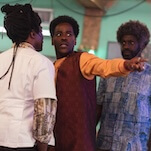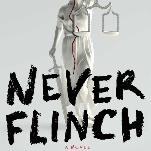Peggle Nights
The true test of a game's potency comes when
players close their eyes. Peggle Nights, like Tetris and countless other
obsession-worthy puzzlers, will remain seared on the back of your lids. The
game's bouncing arcs take over a small part of the brain, insinuating
themselves into the subconscious like a catchy song. Peggle Nights is a follow-up to last
year's best casual game, Peggle. Besides a barely perceptible nocturnal theme,
not much has changed. Players aim and fire pinballs, attempting to nail all the
orange pegs before running out of ammo. At first glance, the game seems to rely
more on dumb luck then skill, but as things progress, strategy and precision
become more and more vital. As before, the game's presentation goes a long way
toward keeping players hooked. Peggle Nights is crammed with eye and
ear candy, all cleverly calculated to reward. From the victory music (which
practically praises success with hallelujahs) to the explosions of color that
accompany nearly every point earned, the game is all about stimulation. If evil
scientists were locked in a laboratory and tasked with creating the ultimate
weapon of mass distraction—something capable of addicting populations,
destroying productivity, and preventing sleep—they'd never deliver the
goods. They, too, would be sidetracked by the glorious distraction of Peggle
Nights.






































